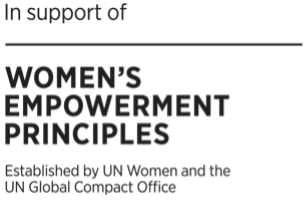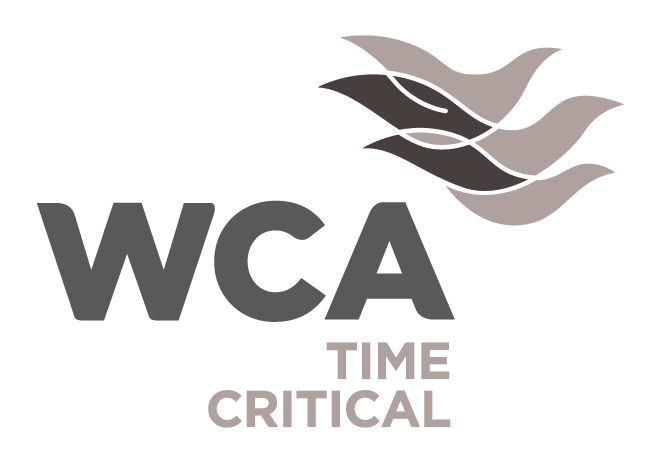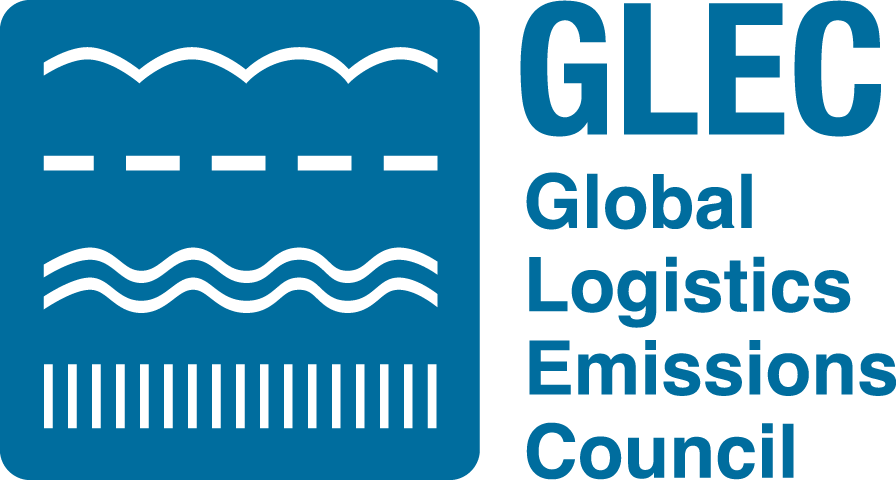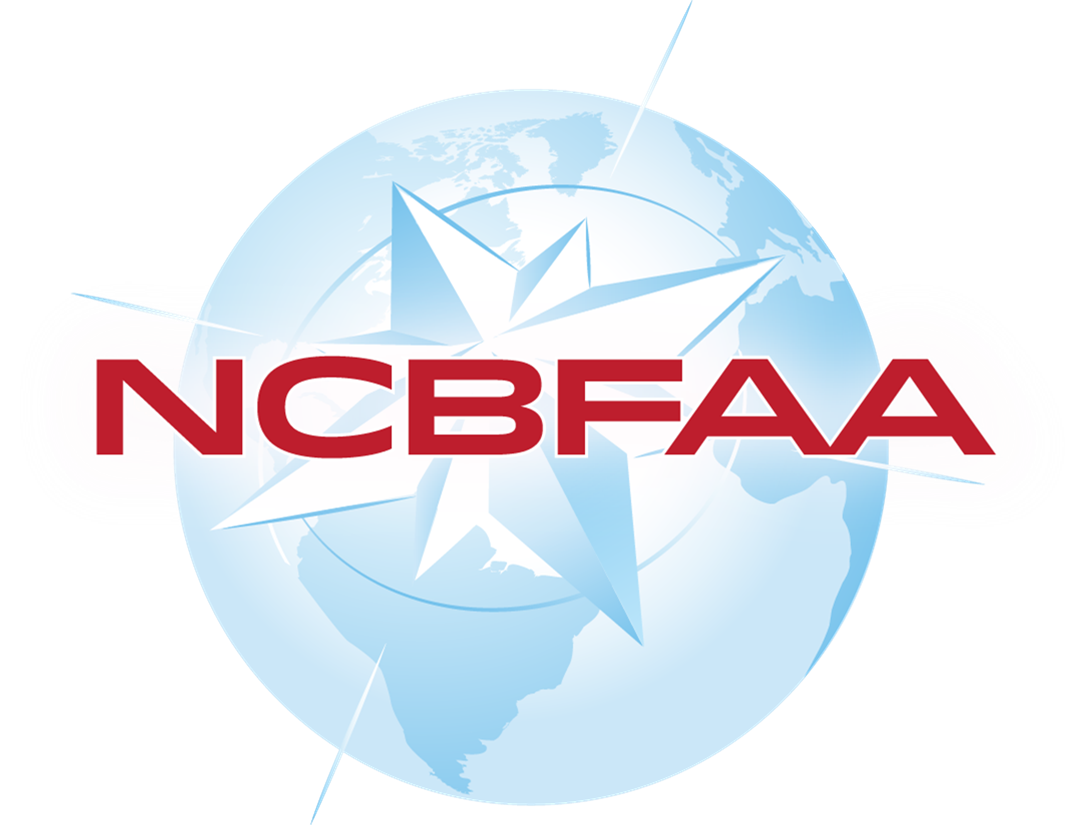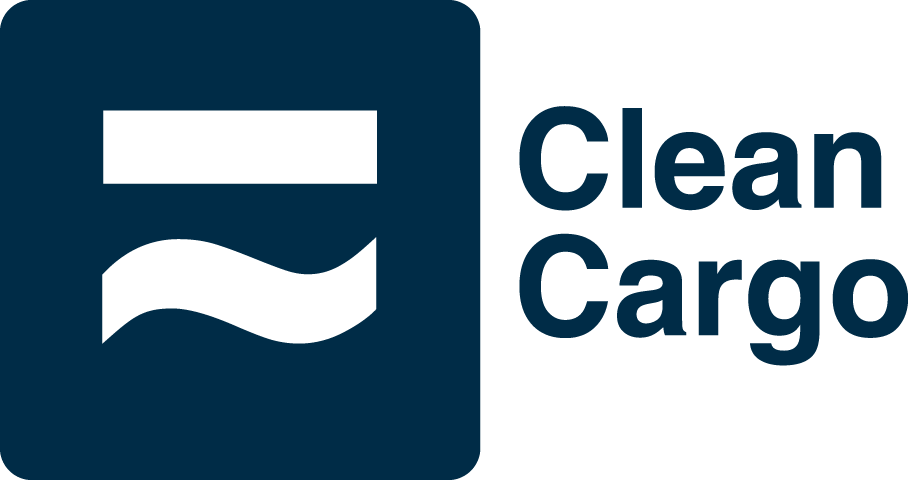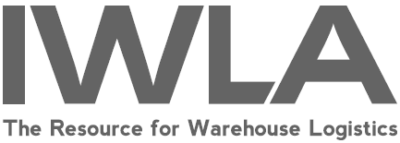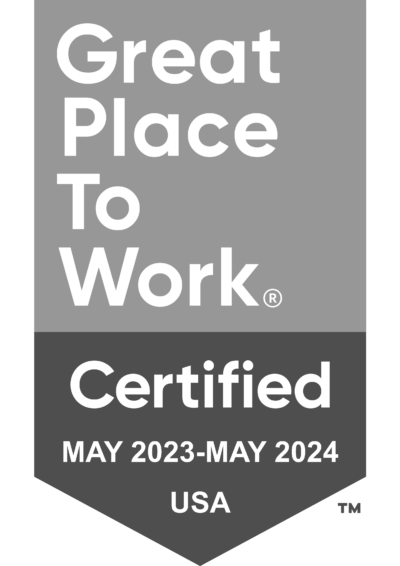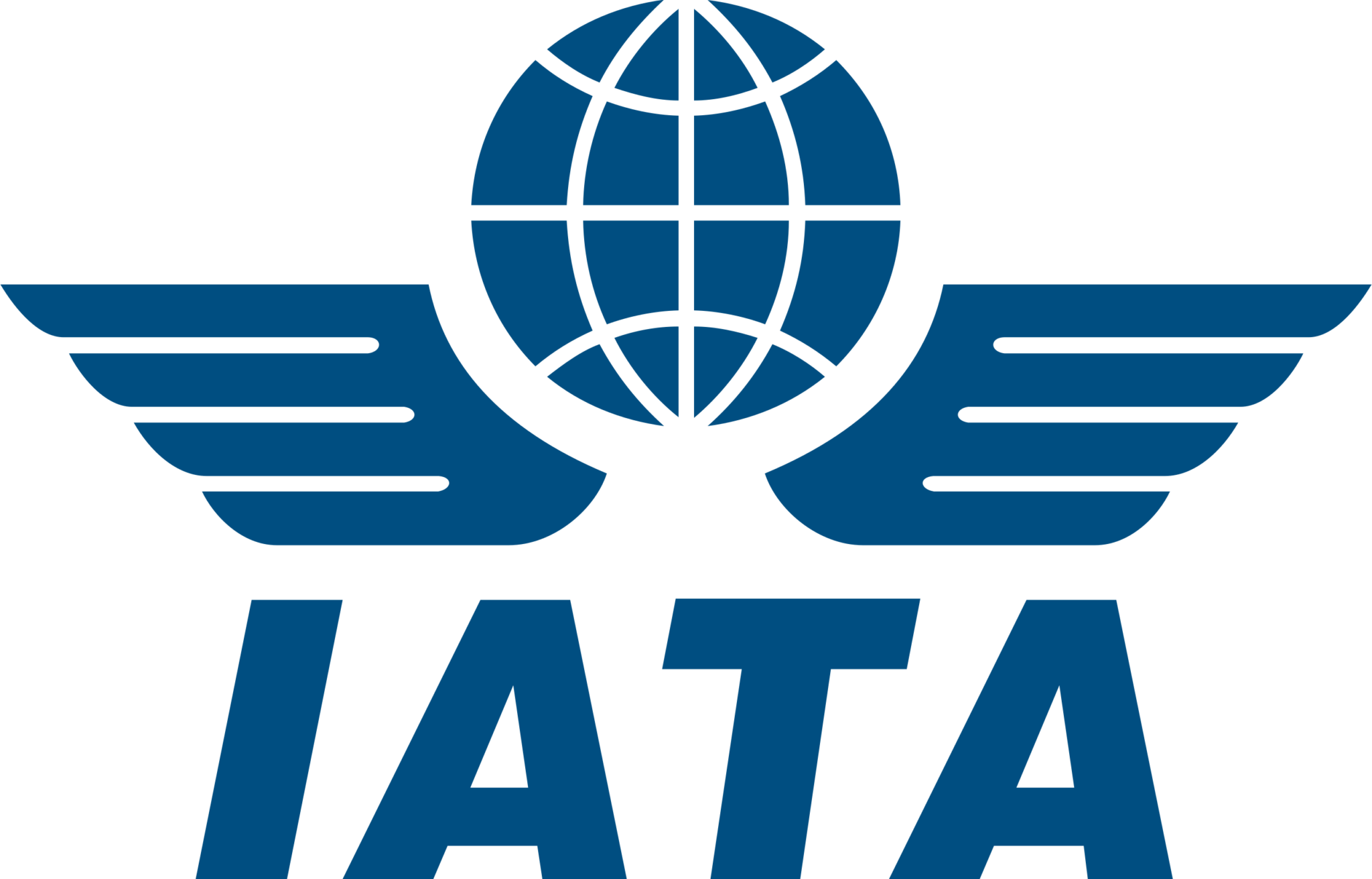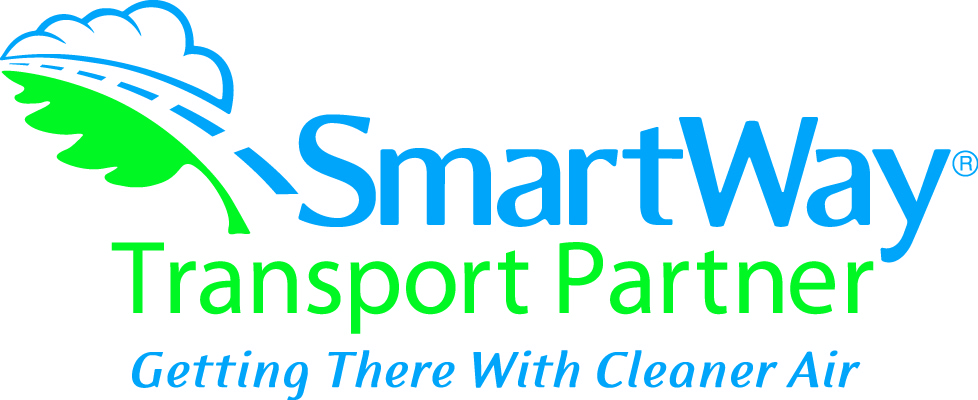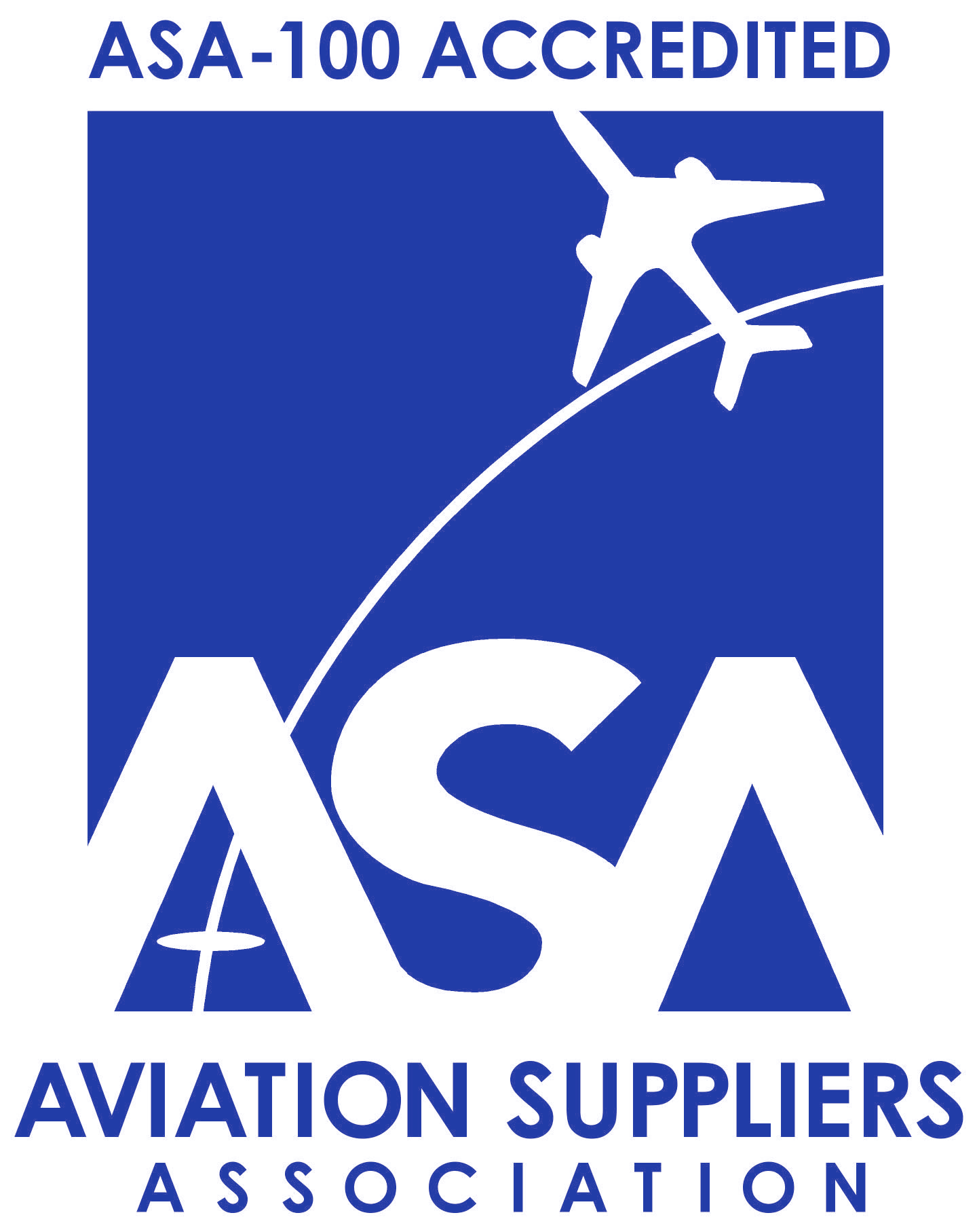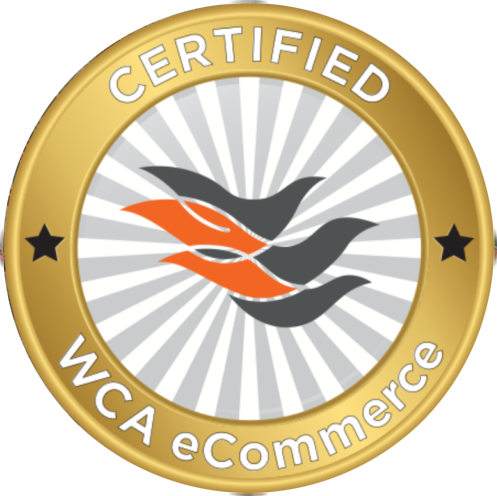SEARCH BY KEYWORD
FAQ: What is Blank Sailing and Why Does it Occur?
A Blank Sailing, sometimes referred to as Void Sailing, happens when an ocean line service operator decides to cancel a call or skip a particular port, region, or possibly an entire leg on the scheduled route. Why would an ocean carrier have a vessel skip part of the scheduled route? There are several reasons why blank sailings occur, and upholding schedule integrity is one of the more common reasons. A liner service follows a constant route [...]
FAQ: What is an HTSUS code and how do I determine which one to use?
One key piece of information needed to have goods cleared by U.S Customs & Border Protection (CBP) is the HTSUS code for each of the products being imported. The HTSUS code, or classification, is based on many different factors including what the product is, what it is made of, what it is used for, etc. It is crucial for importers to understand their classifications before beginning the importing process since this will determine the amount of [...]
FAQ: Can I Get a Refund on Duties Paid for Obsolete Product?
LET’S CONSIDER THE FOLLOWING SCENARIO A company imports seasonal merchandise, such as Christmas decorations, and most of the product is sold. However, due to lack of demand, some remaining inventory may not have been sold, even at a discounted price. If it is financially feasible for the company, the remaining inventory may be stored until the following year. But what if the product becomes obsolete? Products such as annual calendars, date/time sensitive product, or even outdated [...]
FAQ: What is the Difference Between Vessel Dwell, Terminal Dwell & Street Dwell?
Simply put, Dwell is the time that cargo containers, chassis equipment, or providers spend waiting along the transport. “Vessel dwell time” is the time a ship spends at port securing the vessel, discharging or loading cargo, and other activities. "Terminal dwell time" refers to the time either a loaded or empty equipment spends in a terminal awaiting movement toward its next destination. “Street dwell time” is defined as the time during which loaded or empty containers [...]
FAQ: How Can I Ensure the Information on My Customs Entries Has Been Accurate?
As an importer in the United States, your company has a legal obligation to ensure the information presented to U.S. Customs on your entries is accurate – even if you have a Customshouse broker acting on your behalf. The following are 10 Best Practices for ensuring accuracy and reducing risk during import Customs compliance: Select Customs broker(s) wisely. Only provide a Power of Attorney to reputable, knowledgeable and licensed firms. Maintain control by monitoring your POA [...]
FAQ: What is the Difference Between Demurrage and Detention?
Demurrage is charged while the container is still at the port. Detention is outside the port no matter full or empty. To give you an example, imagine that a shipper or consignee has seven ‘free’ days once his or her container arrives at a port before they need to collect their cargo. If the cargo is not picked up by the consignee within the ‘free’ timeframe, then every day after, the shipper can be charged Demurrage [...]
You Ask,
Green Answers

Don’t see the answer you’re looking for? Send it over to Green’s supply chain experts and we’ll answer your
question directly!
LATEST ARTICLES
Subscribe to the
Freight Market Update





